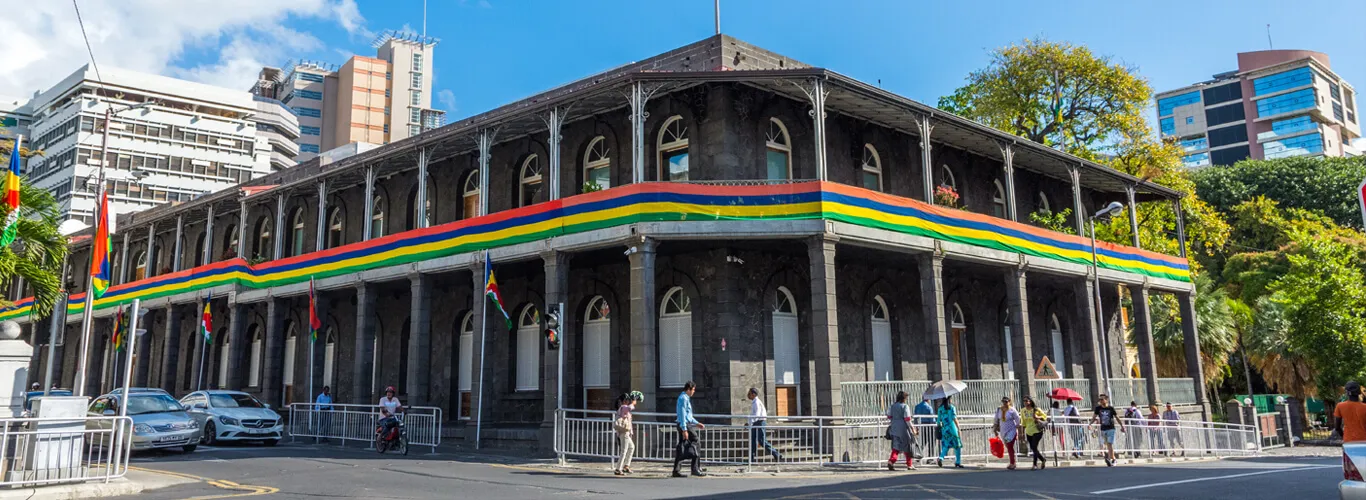It may be small in size, but economic growth in Mauritius has been truly impressive.
Since its independence in 1968, Mauritius has defied the many dire predictions made about its future as a country without natural resources and with a rapidly expanding and ethnically divided population.
Indeed, only a few years before Mauritius’ independence, Nobel Prize laureate for economics James Meade considered the isolated territory in the Indian Ocean a basket case. Shortly after independence, the writer VS Naipaul likened it to an "overcrowded barracoon" [barracks into which slaves were crammed before being loaded on slave ships]. The case was considered closed: according to the UN, the world’s 124th state would, in the best case scenario, be an island mired in poverty; while many experts predicted that it would rapidly descend into civil war!
Economic growth in Mauritius has confounded every one of these predictions...
...becoming one of the African continent’s most successful and stable economies. It frequently tops African indices relating to political rights and freedoms, the rule of law and human development. In the 50 years since independence, it has held ten free and open elections and seen seven peaceful transfers of power. Mauritius is often cited as an example of political stability and unity, having managed to ensure that its various ethnic groups, which include Hindus, Muslims, Creoles, Sino-Mauritians and Franco-Mauritians, continue to coexist peacefully.
In 2011, the nation’s success even led Nobel laureate Joseph Stiglitz to celebrate the "Mauritian economic miracle" and encourage the United States and other advanced economies to emulate the island and take inspiration from its policies.
And indeed, Mauritius’ economic growth has required audacity. Providing free and compulsory primary education to the Mauritian population, on the premise of the policy’s future benefits and regardless of its cost, was a bold move. It was also daring to imagine, as Colonel Amedee Maingard did, that well-heeled tourists would want to come and relax on a small island in the middle of the Indian Ocean. And it took Gaëtan Duval’s nerve to attract a wide range of personalities to Mauritian shores and promote the island as a destination... Last but not least, it required courage to ignore the IMF and World Bank’s exhortations in the early 80s, and to invest in export industries against their advice. Mauritius’ spectacular economic and social development over the last twenty years has in large part been due to its development of a Seafood Hub, creation of an offshore banking system, encouragement of an outsourcing industry for international IT services and support for real estate developments.
Learn more about Mauritius’ Economic Growth Forecast for 2018.
Sources: Courrier International and La Gazette, March 2018
